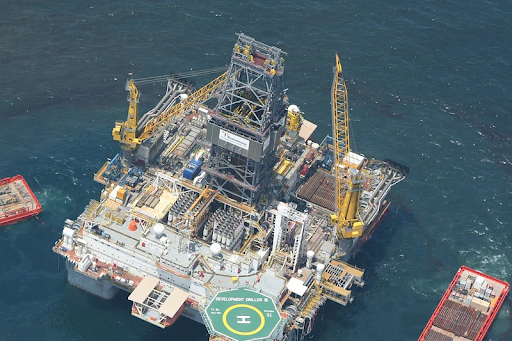The moment of peak global oil demand has been delayed by five years, now expected in 2030, according to BP’s latest annual outlook. This postponement signals a critical slowdown in the global energy transition, prompting the energy giant to raise its long-term oil and gas demand forecasts and conclude that the world is unlikely to achieve the 2050 net-zero target.
BP’s revised projections reflect an enduring reliance on crude. Peak oil demand is now forecast to hit 103 million barrels per day (b/d) in 2030, five years later than previously thought. The long-term forecast for oil consumption in 2050 has also been raised by 8%, climbing to 83 million b/d. Natural gas demand projections for 2050 saw a slight increase, now set at 4,806 billion cubic meters a year.
The primary driver of this delay is the global priority given to national energy security, amplified by geopolitical turmoil. BP’s chief economist points to the intensifying effects of the war in Ukraine, Middle East conflicts, and rising trade tariffs. This security-first mandate may create ‘electrostates’ focused on domestic low-carbon power, but the report also warns that it strongly incentivizes nations to rely more heavily on domestically produced fossil fuels rather than volatile imported alternatives.
The slow pace of transition has severe climate consequences. BP’s modeling indicates that cumulative carbon emissions are on track to breach the critical 2∘C carbon budget limit by the early 2040s. The company warns that this extended delay will substantially raise the economic and social costs associated with necessary climate mitigation. To meet net-zero 2050, BP states that oil demand must drop drastically to approximately 35 million b/d by that date.
Despite rapid growth in renewables, oil is forecast to remain the largest single source of primary global energy supply, holding a 30% share in 2035. Renewables are set to increase from 10% to 15% of the primary energy supply by 2035, but are not expected to surpass oil’s market share until the late 2040s. This sluggish handover occurs as BP navigates a “fundamental reset” of its strategy, focusing on ramping up oil and gas production amid investor pressure.

